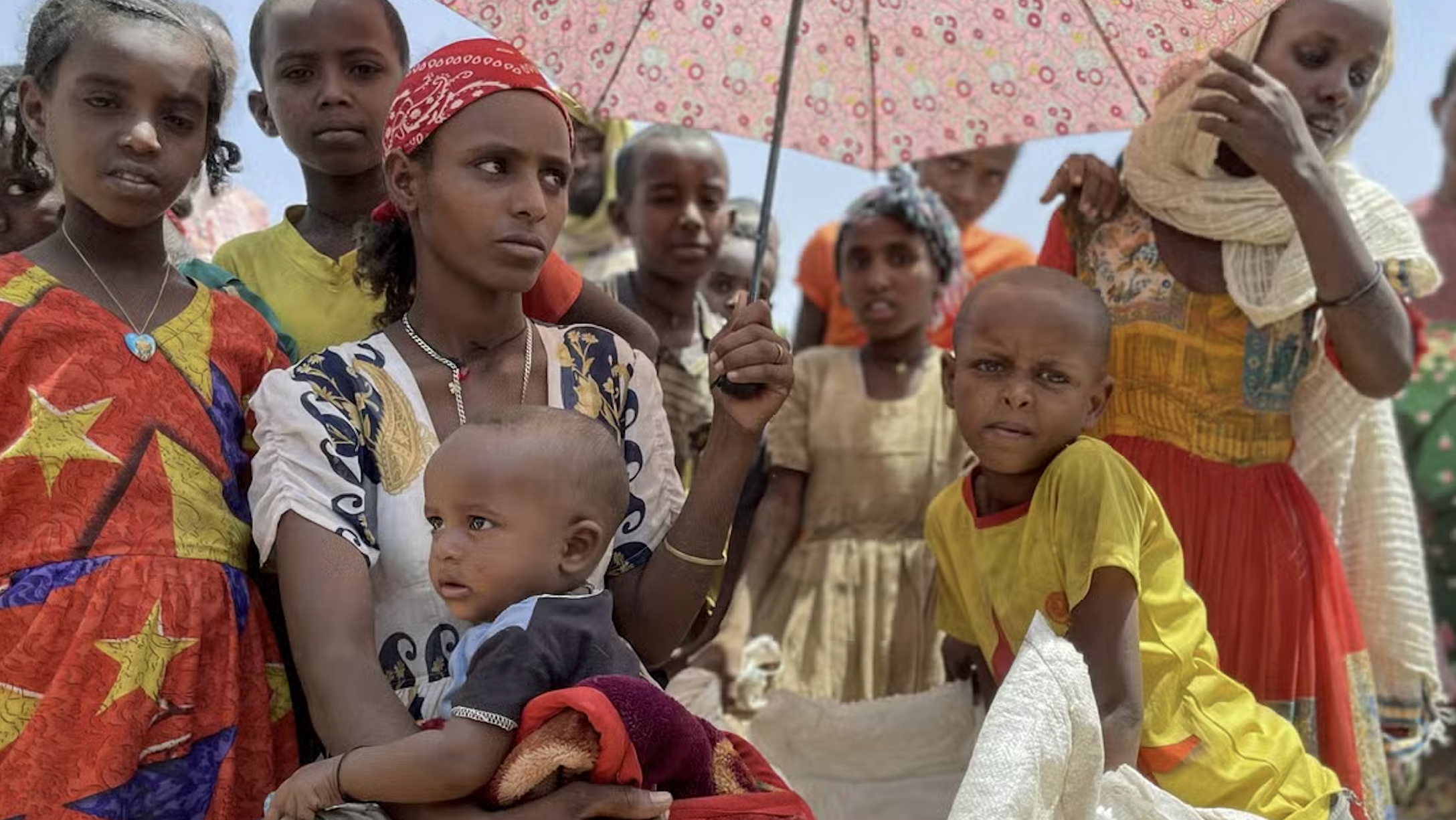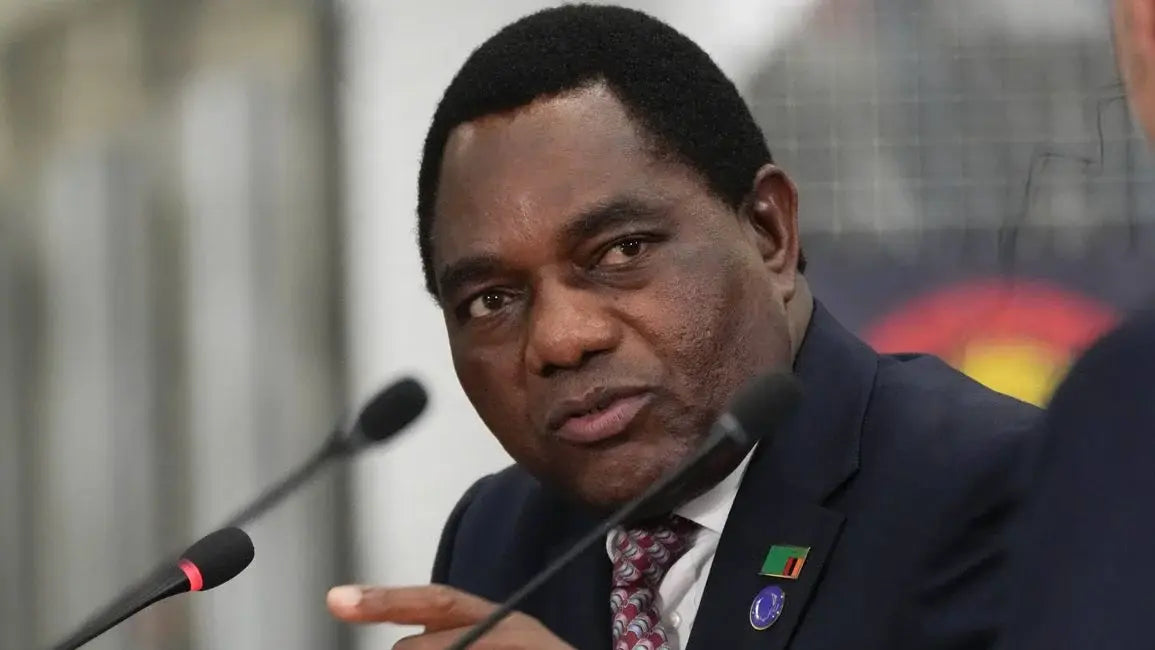
South Africa: Bold ambition or unfinished dream for the Pretoria refinery?
In Pretoria, excitement is palpable as the South African government accelerates its major refinery project. Inspired by the Nigerian model of industrialist Aliko Dangote, who revolutionized Nigeria's oil sector, South African President Cyril Ramaphosa intends to make his country a major player in the energy sector. But this ambition, while laudable, raises many questions about the viability and real benefits of such an initiative.
An ambition thwarted by complex realities
The creation of a giant refinery in Pretoria is not just a whim. It is part of a government strategy to reduce South Africa's dependence on imported petroleum products. However, it is crucial to ask whether the country currently has the technical, financial and human resources to carry out such a project. The history of major infrastructure in the country leaves something to be desired.
Indeed, South Africa has often been the victim of delays in similar projects. The Medupi power station, for example, has accumulated years of delays and budget overruns, leaving citizens hungry and public finances in agony. So what is the point of dreaming big if the country cannot manage dreams that end up as projects?
Impacts on the environment and society
Aside from the financial issues, the prospect of a new refinery raises legitimate environmental concerns. In a world increasingly aware of the dangers of climate change, building a massive refinery at a time when South Africa already suffers from pollution problems seems ironic. What message does this send to future generations? Increased reliance on fossil fuels when renewable energy is only just beginning to take off on the continent?
Then there is the issue of labour. Promises of jobs are often used as a key argument to support such projects. However, the reality of the South African labour market, with an unemployment rate of around 30%, makes these promises almost meaningless if the skills of local workers are not taken into account. Who will really benefit from these jobs? South Africans or a foreign workforce, as is often the case?
Lessons from the Nigerian model
It would be naïve to think that South Africa could simply replicate Nigeria’s journey without considering the specificities of its own Afro-landscape. Nigeria, with its Dangote refinery, has certainly shown that bold transformation is possible, but it has taken years of preparation, huge investments, and coherent policy. Ramaphosa and his administration must avoid falling into the trap of populism. Well-oiled machinery must be in place to ensure that this project becomes a success rather than another example of resounding failure.
As South Africa stands at a crossroads, it is time to move beyond rhetoric and implement long-term strategies. South Africans deserve a clear vision, rather than a series of empty promises that will ultimately clash with the harsh realities of the global economy. Could the flamboyant Pretoria refinery become a reality, or will it be just another unfinished dream in the great book of South African infrastructure projects? Time will tell.



Leave a comment
This site is protected by hCaptcha and the hCaptcha Privacy Policy and Terms of Service apply.